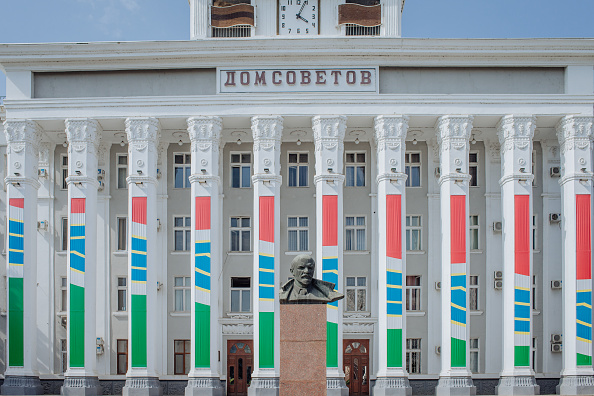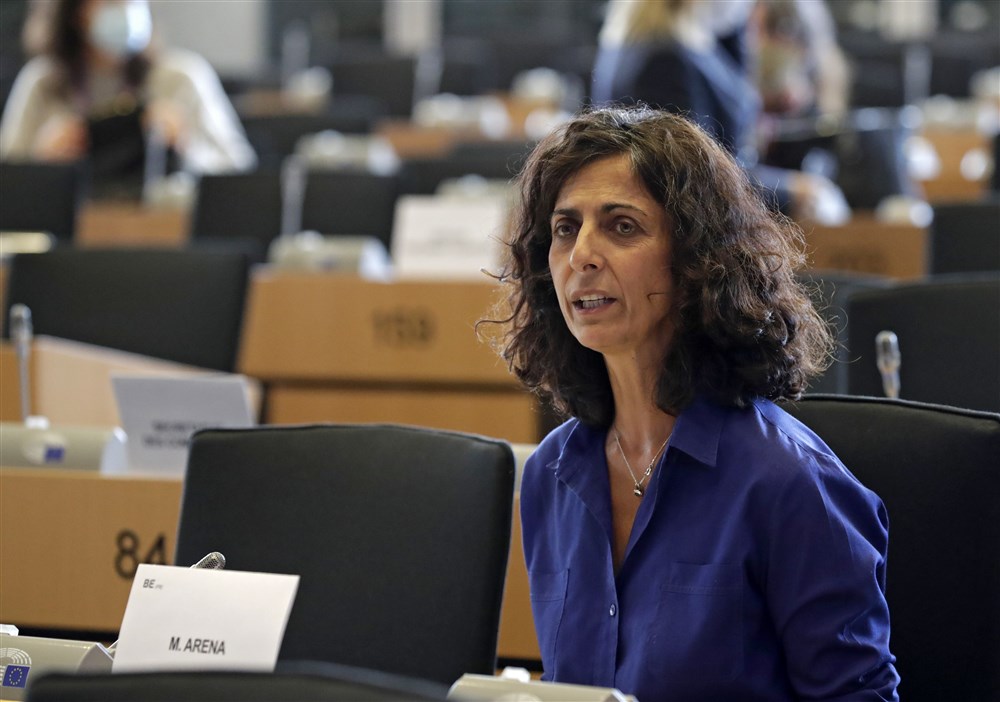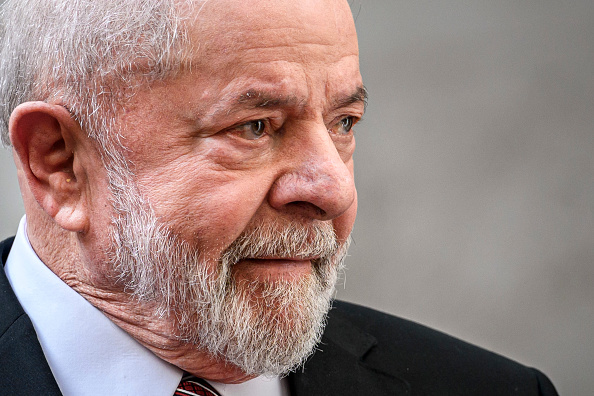The last two years of European involvement in the Ukraine war have revealed an uncomfortable truth: The EU may be a global economic and political power, but its military capacity is limited. As European leaders now realise that soft power is not enough, they are finally vowing to change this.
In the decades since the fall of the USSR and the Central and Eastern European socialist regimes, most EU countries have felt no need for a powerful army, nor even an arms industry.
With a handful of exceptions – including France, Italy, the United Kingdom, and Greece which maintains a military disproportionately powerful to its size due to the threat from Turkey – European military might has largely been outsourced to NATO.
This was possibly justified in a continent with no high intensity conflicts, but now things are different.
Russia’s invasion of Ukraine signalled a rough wake up call for countries like Germany, which came to face the realisation that their weapons inventory is unable to deter any real threat. No wonder Berlin has recently embarked on a rearmament programme of unprecedented size and cost.
Eastern European states have also been stepping up their armaments procurement, sending their old Soviet-era systems to Ukraine and replacing them with new ones fitting NATO specifications.
However, it is mostly US companies that have been benefiting, while some EU countries have also signed contracts with manufacturers from Israel, Korea, or even Turkey.
Europe maintains a cutting edge defence industry. It produces everything a modern military needs: tanks, IFVs, vehicles, assault weapons, ships, fighter and transport aircraft, submarines, artillery systems, missiles, electronics, ammunition and drones.
But it does not buy its own weapons – at least not to the extent that it would make the EU an autonomous defense entity.
EU Member States have increased their total defence budget by 40 per cent over the last ten years – with a €50 billion jump between 2022 and 2023. However, almost 80 per cent of European defence procurement is spent on non-EU military imports.
There are two main reasons behind this European lack of defensive autonomy and self-sustainability. The EU does not produce enough to cater for every Member State’s needs. And, EU countries are not given sufficient incentives in order to opt for European weapons systems.
EU leaders now aim to change all that. The EU recently unveiled its first defence industry strategy to ramp up and better coordinate its military-industrial complex. Defence was also at the centre of the last European Union Council. At the same time, defence bonds have been put on the table.
The new strategy sets out a number of targets. By 2030, EU countries should buy at least 40 per cent of their defence equipment by working together, spend at least half of their defence procurement budget on products made in Europe and buy at least 35 per cent of defence good from other EU countries instead of from outside countries.
This change of approach may have occurred because of the war in Ukraine, but it could prove important regardless of it.
If Europe is nowadays still a world player, it is due to the fact that until the last century European countries were assertive military forces projecting their power all around the world.
Hopefully, the Russo-Ukrainian conflict will be resolved and the era of peace – with the exception of the Yugoslav wars and the Cyprus invasion – that the old continent has enjoyed since the end of World War Two, will resume. In order for this to happen, however, Europe may once again need to be war-ready.
The Romans knew it all too well. There could have been no culture, no commerce, no politics, if it were not for the fearsome legions. Pax optima Rerum. But, si vis Pacem, para Bellum.





Europe’s capital needs media to challenge the status quo: That’s why Brussels Signal is launching